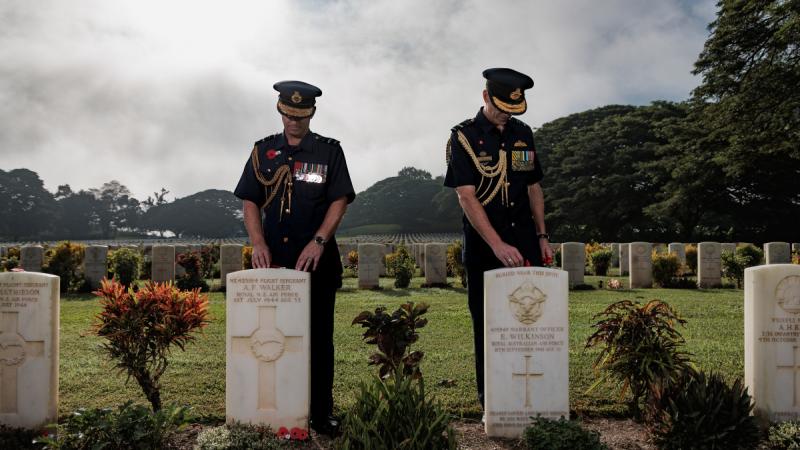Thousands of international students and temporary migrants sour on Australia as they experience exclusion and racism, and increasingly cannot pay for food and basic living needs.
A nationwide survey of more than 6000 international students and other temporary migrants conducted in July 2020 has found 70% lost all or most of their work during the pandemic. Thousands have been left unable to pay for food and rent. These migrants make up 10% of the Australian workforce.
As if we weren’t humans: The abandonment of temporary migrants in Australia during COVID-19 is the latest report from UNSW Law Associate Professor Bassina Farbenblum and UTS Law Associate Professor Laurie Berg; co-directors of the Migrant Worker Justice Initiative.
The survey revealed more than half the respondents (57%) believe their financial stress will deepen by year’s end, with one in three international students forecasting their funds will run out by October. Thousands expressed anguish and anger over the federal government’s decision to exclude temporary migrants from JobKeeper and JobSeeker support.
Beyond their immediate humanitarian plight, hundreds linked their distress to the Prime Minister’s message that those unable to support themselves should “make [their] way home”. They expressed feelings of abandonment and worthlessness: “like we do not exist”, “they don’t see us. They can’t hear us”.
In addition, a quarter experienced verbal racist abuse and a quarter reported people avoiding them because of their appearance. More than half of Chinese respondents reported experiencing either or both of these.
“Over 1600 participants described being targeted with xenophobic slurs, treated as though they were infected with COVID because they looked Asian, or harassed for wearing a face mask”, says A/Prof Farbenblum.
“Many reported that because of their Asian appearance they were punched, hit, kicked, shoved, deliberately spat at or coughed on by passers-by in the street and on public transport.”
For example, one female Vietnamese student said: “People were saying some racist






